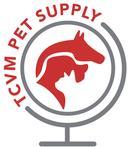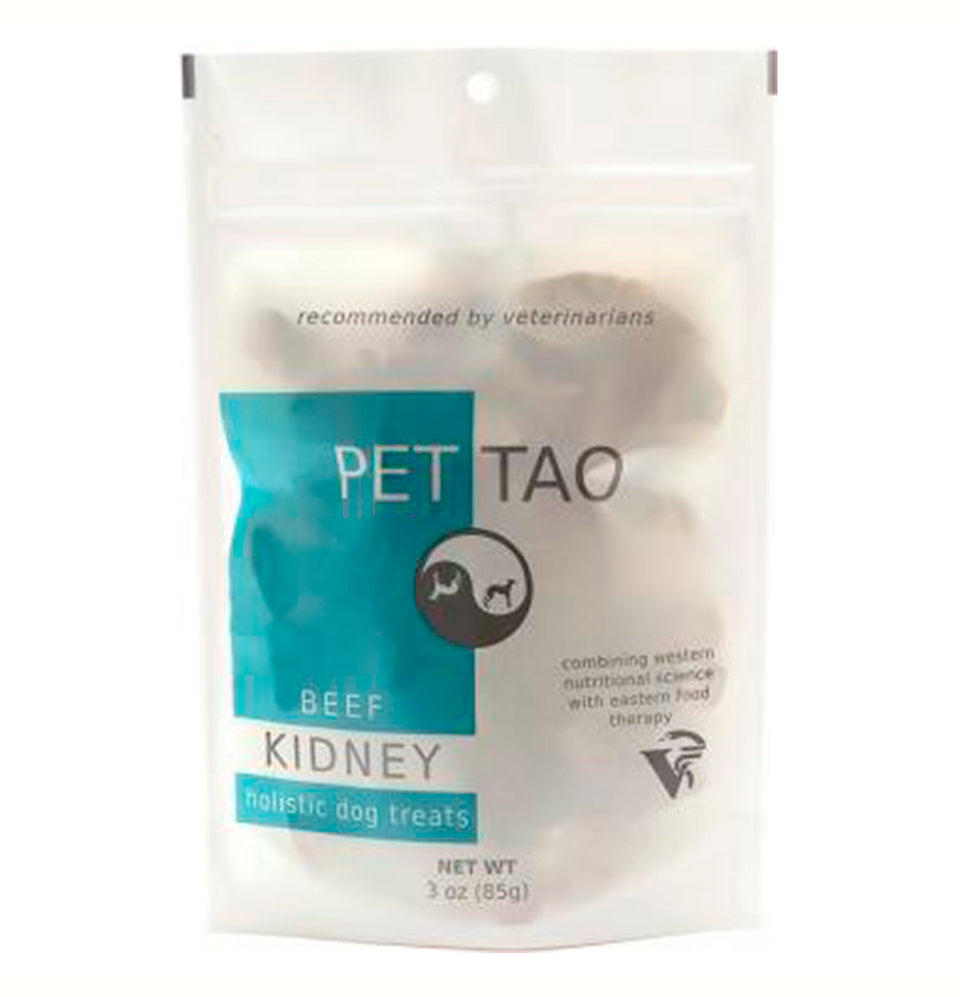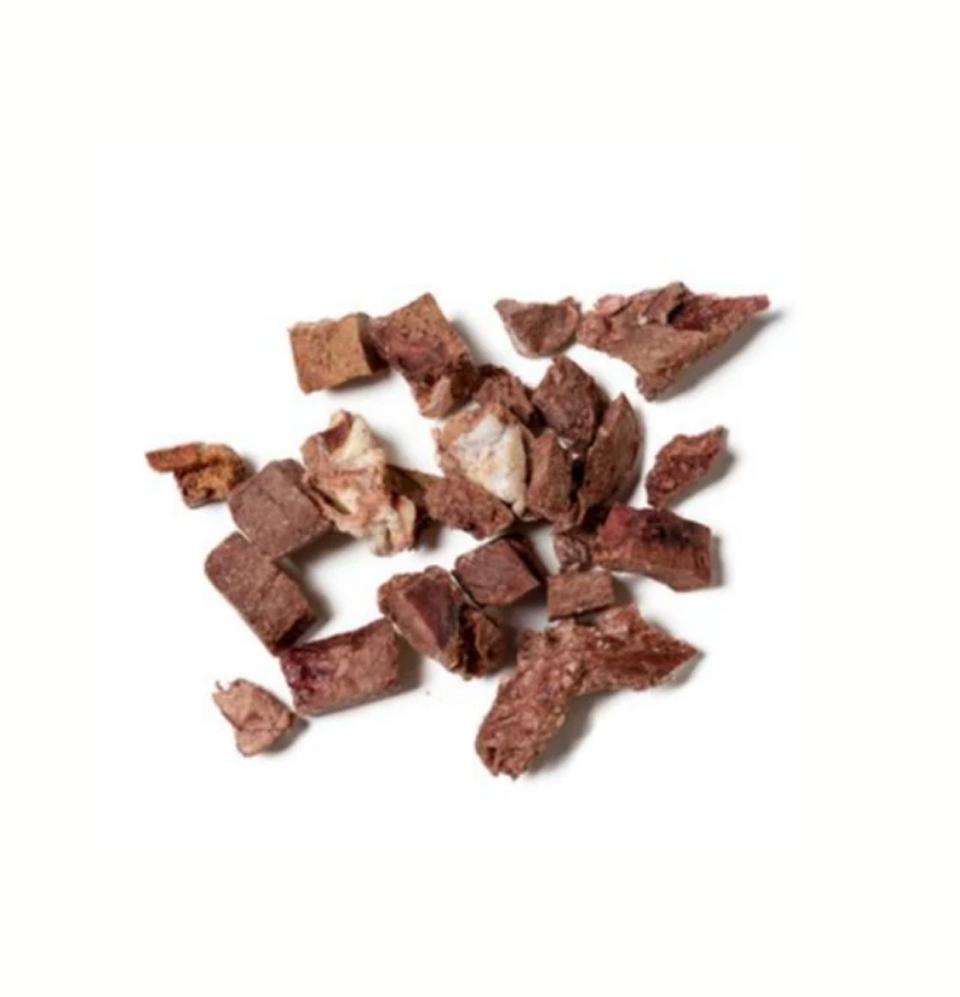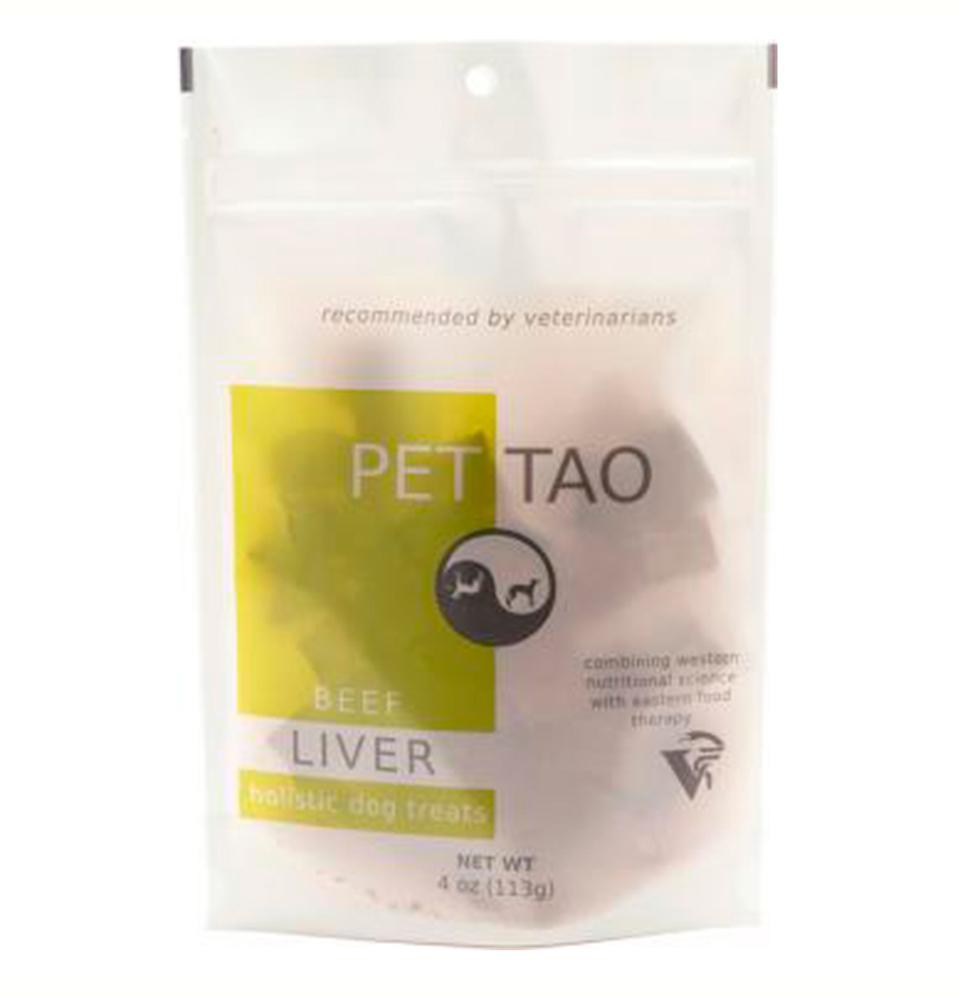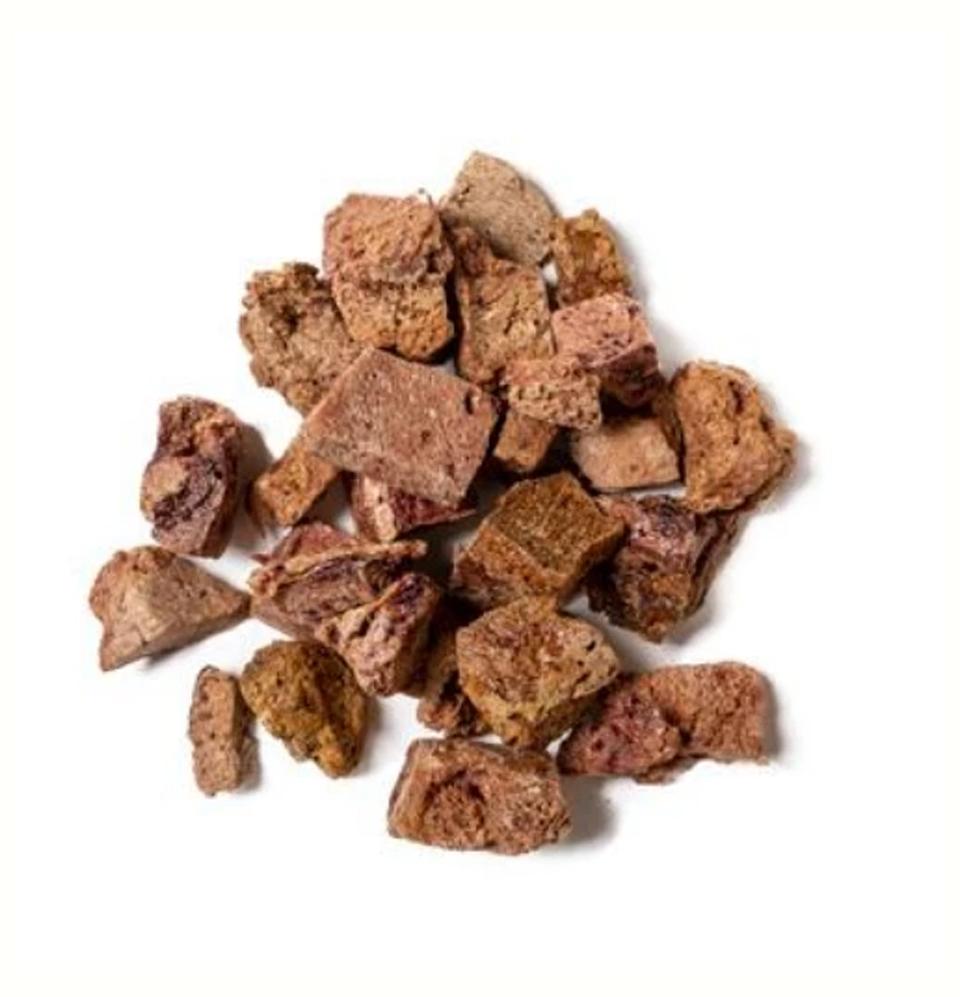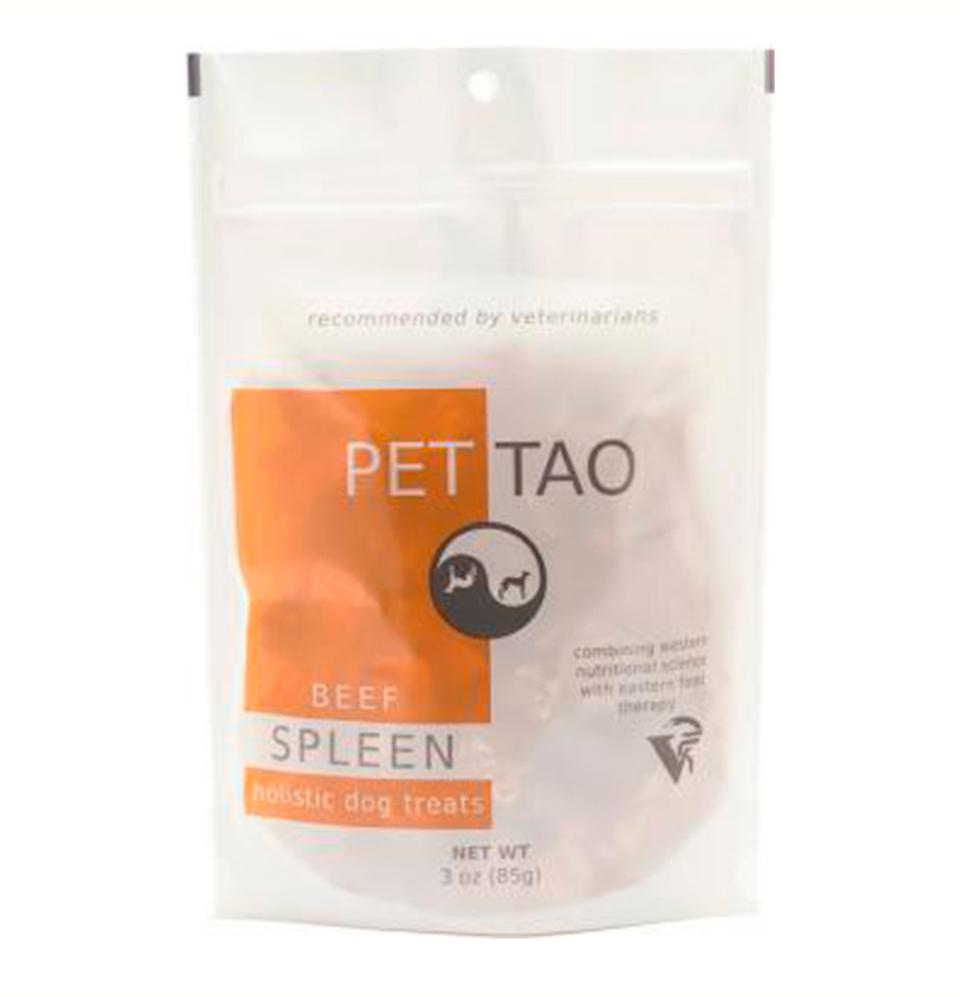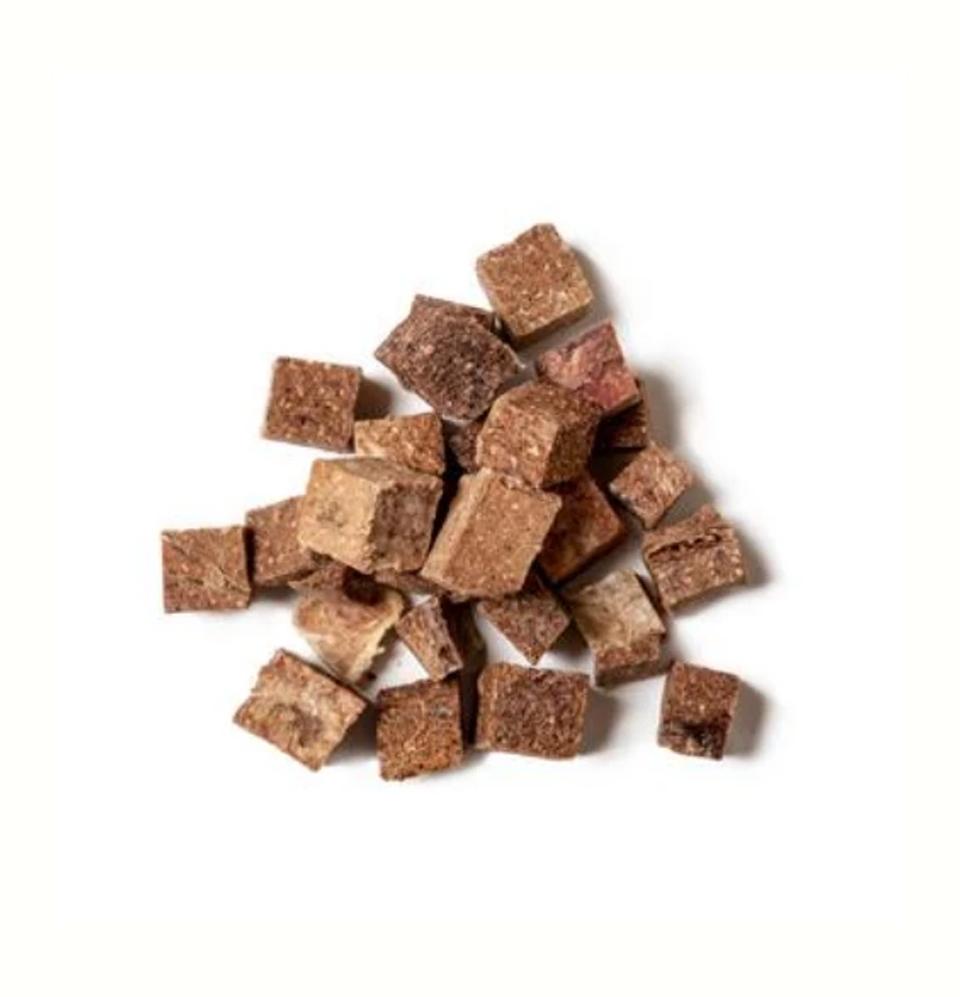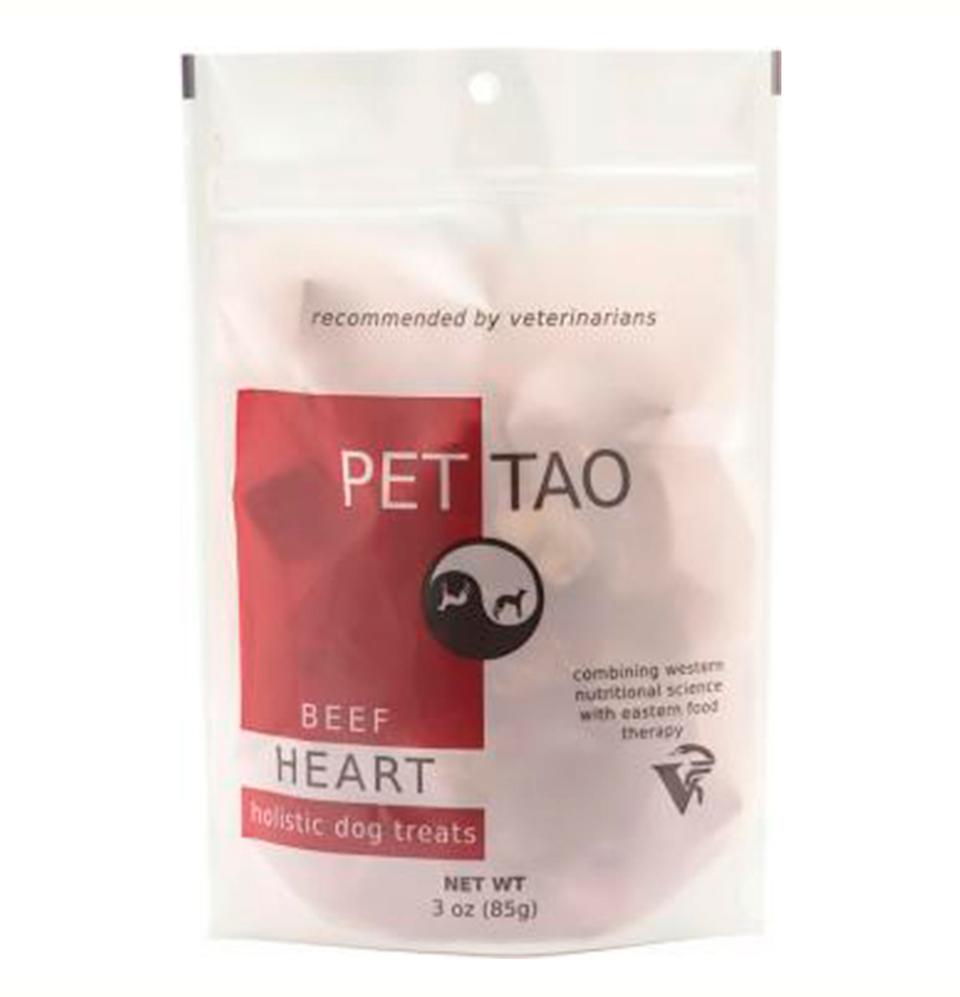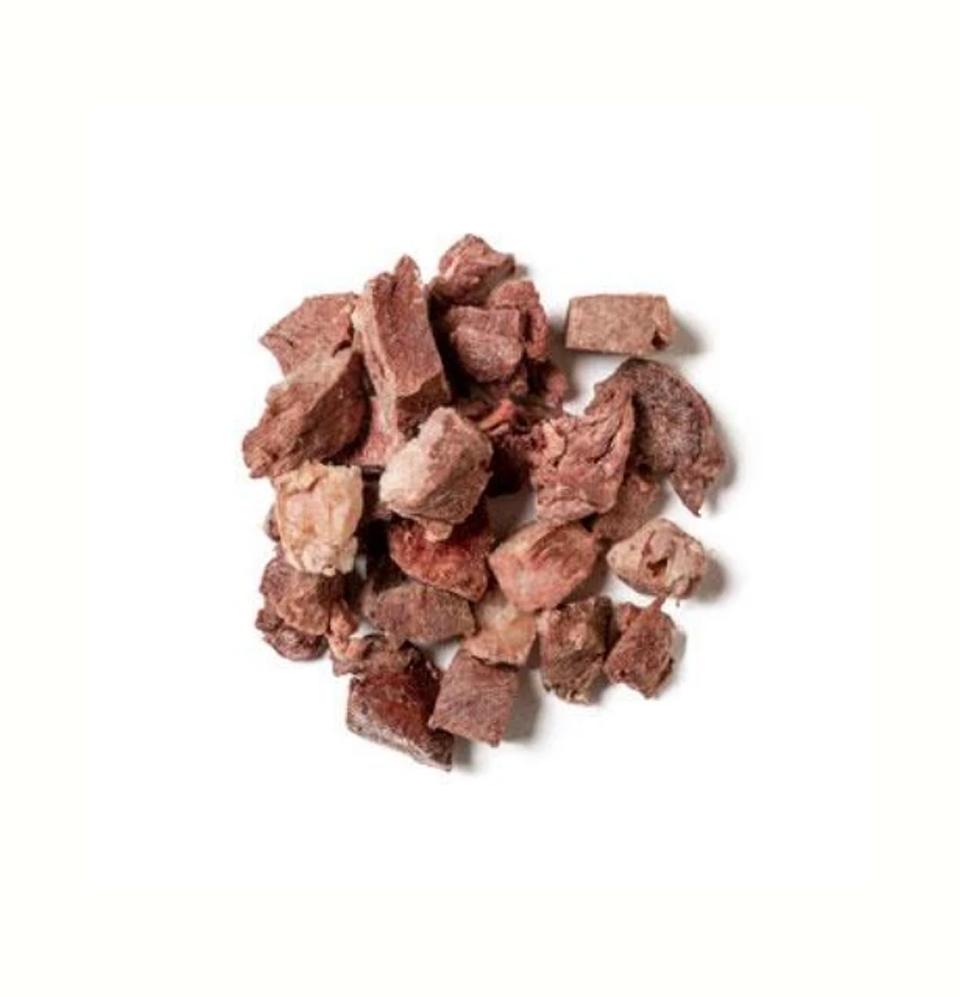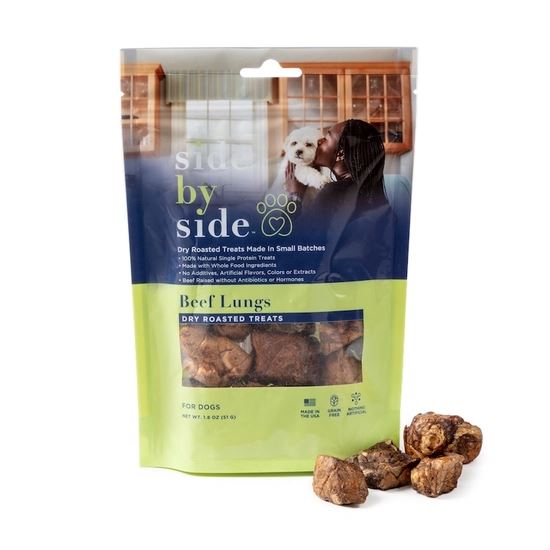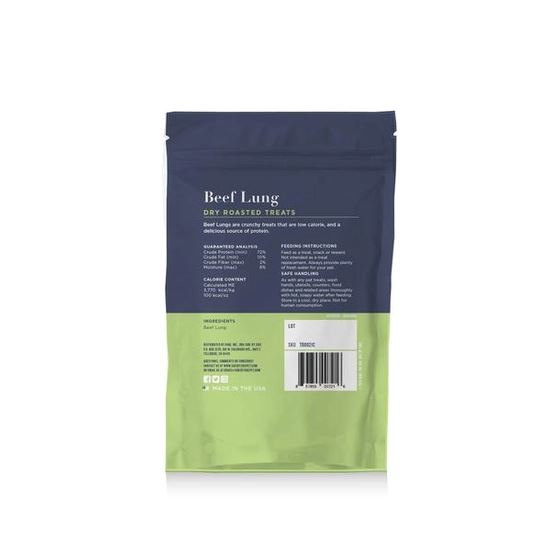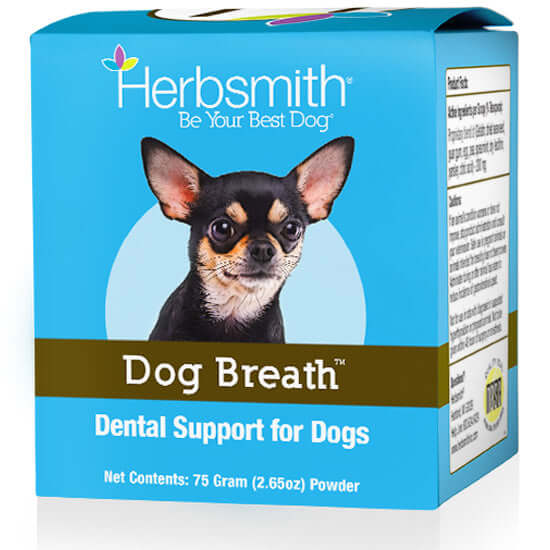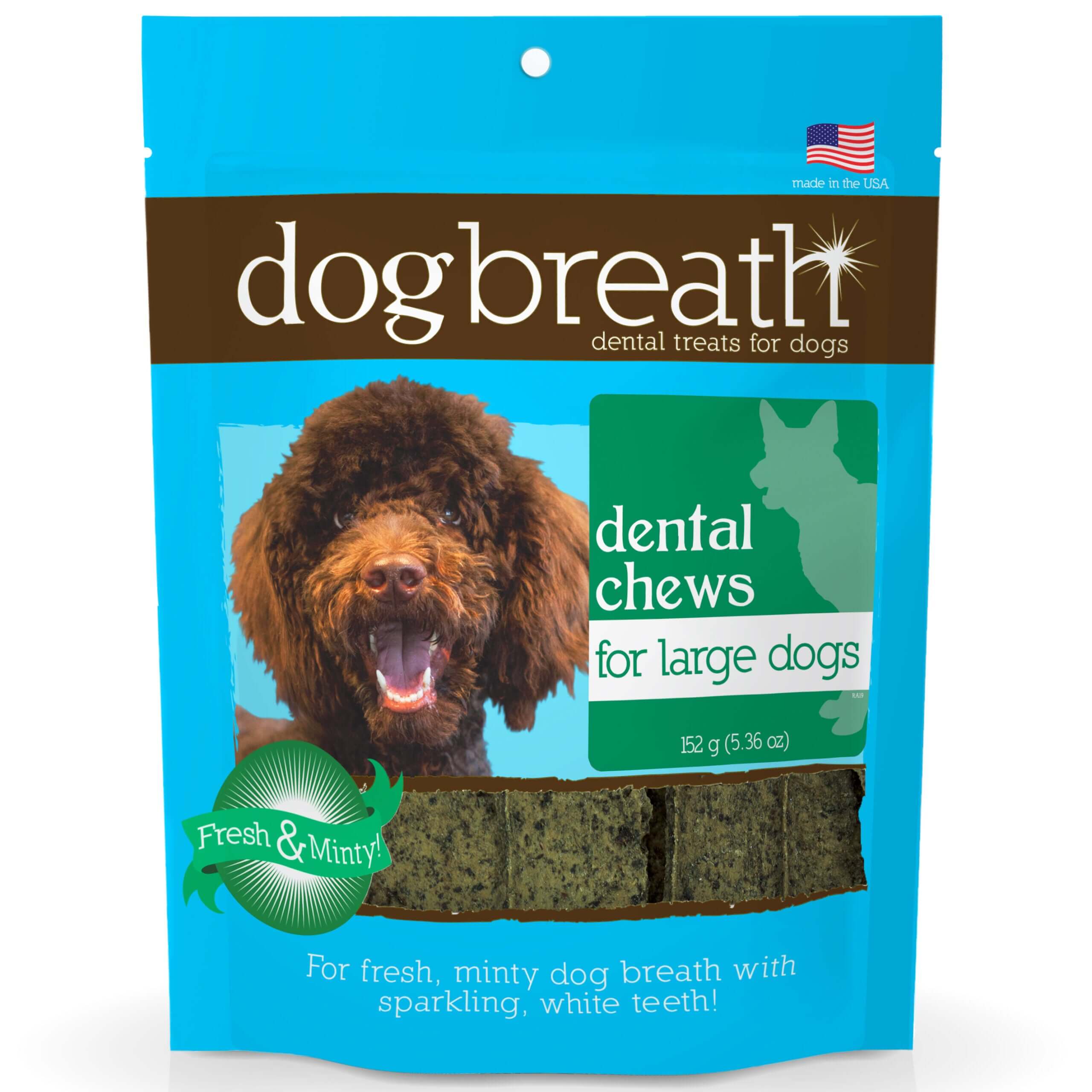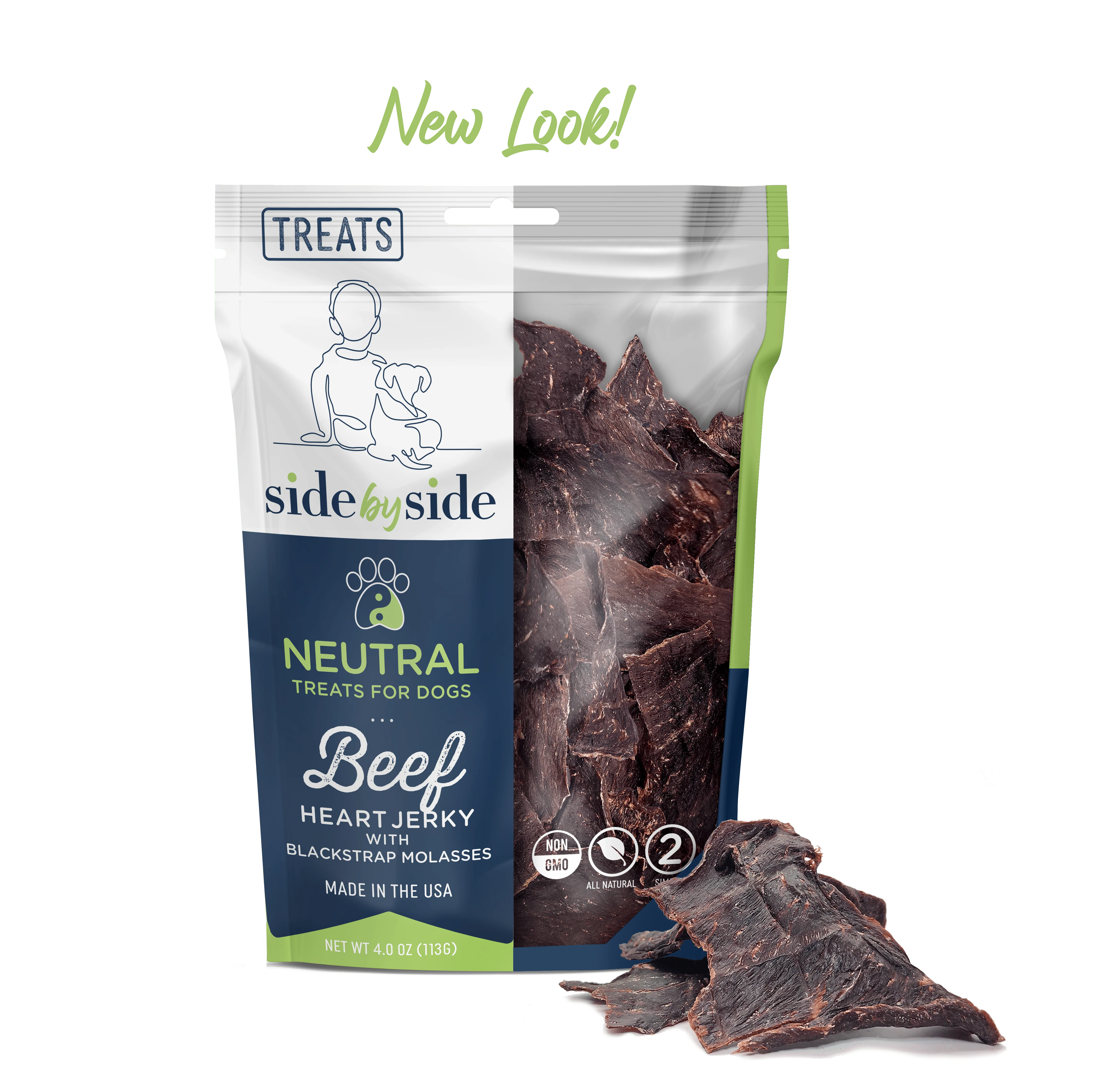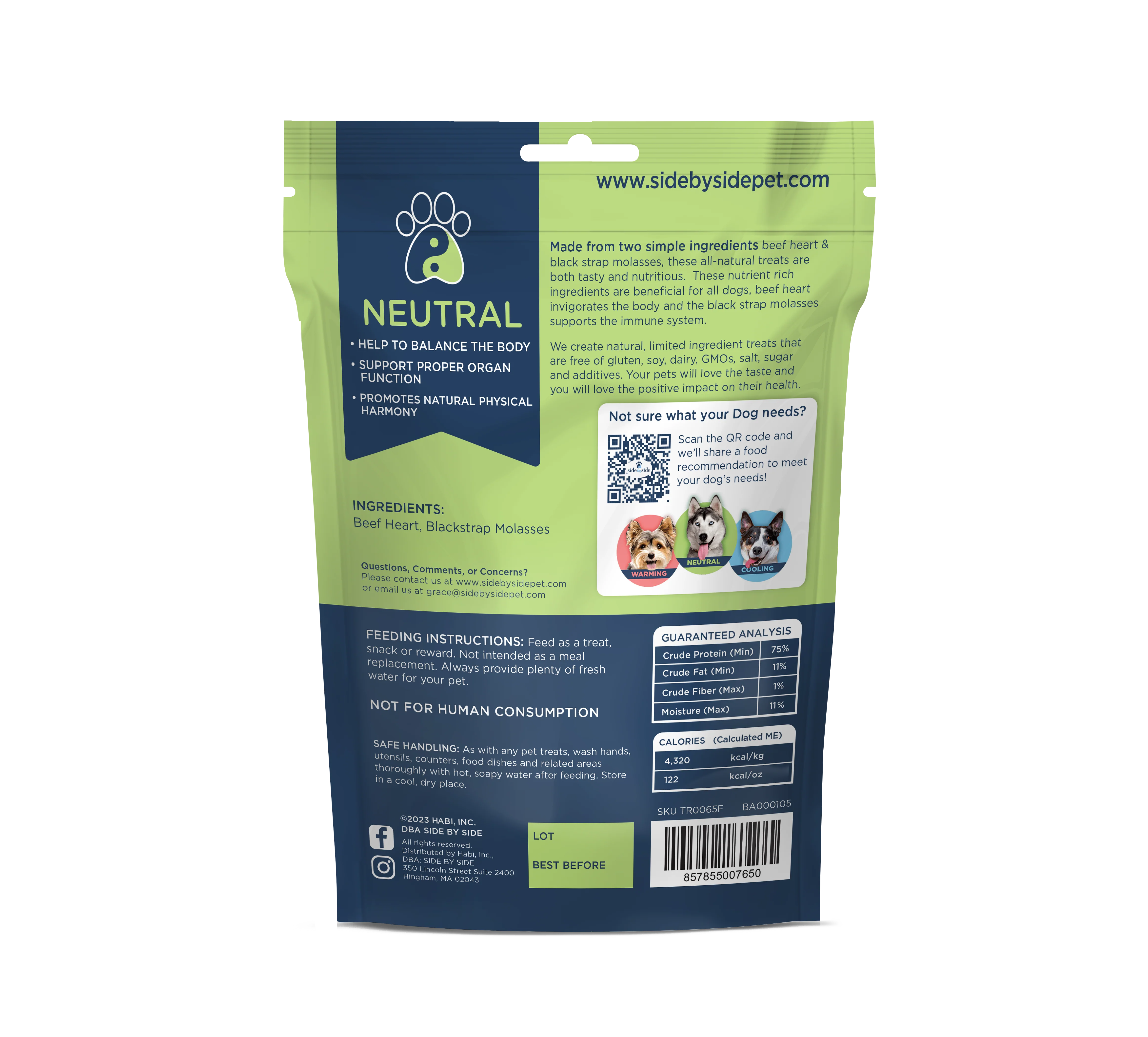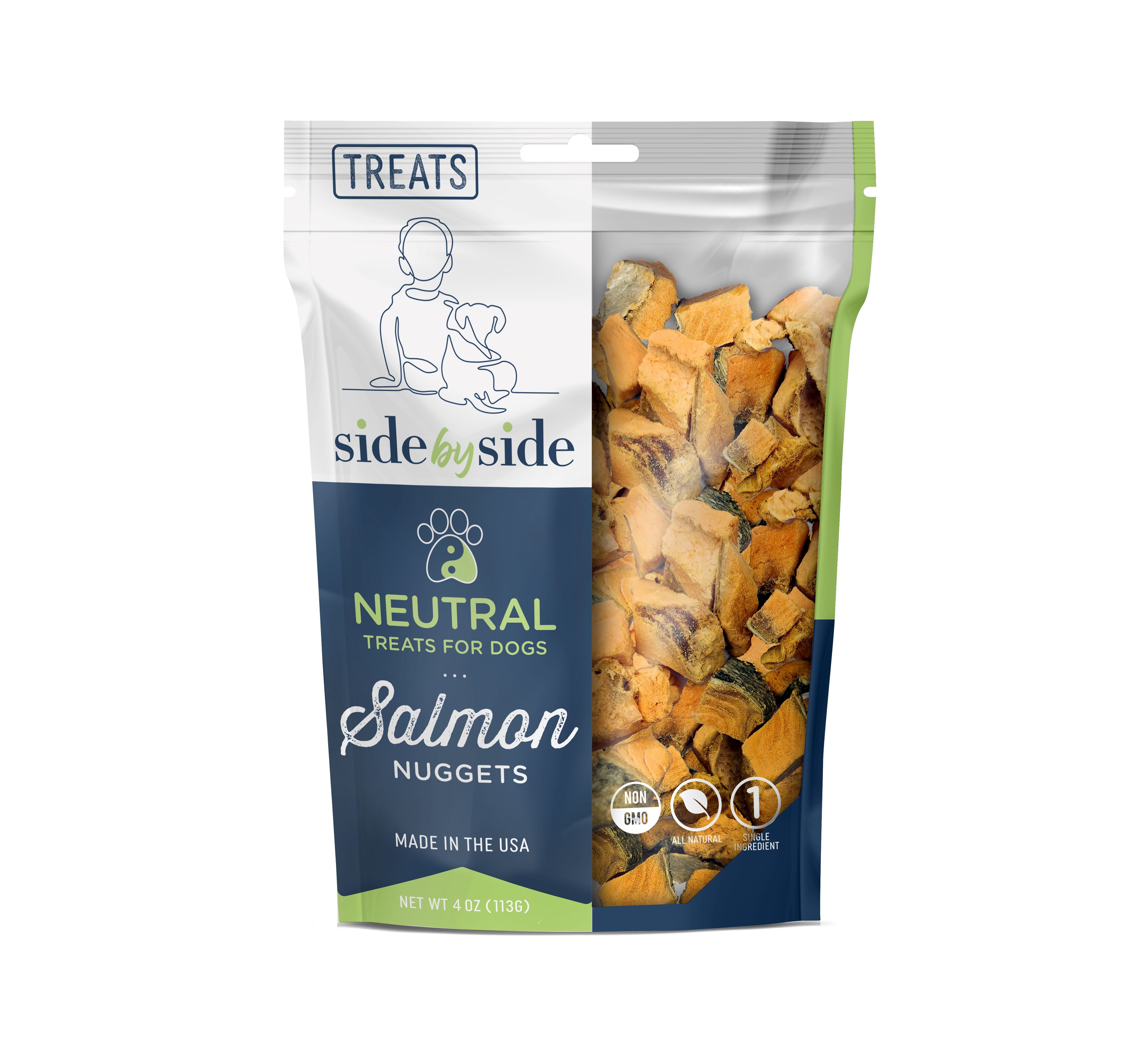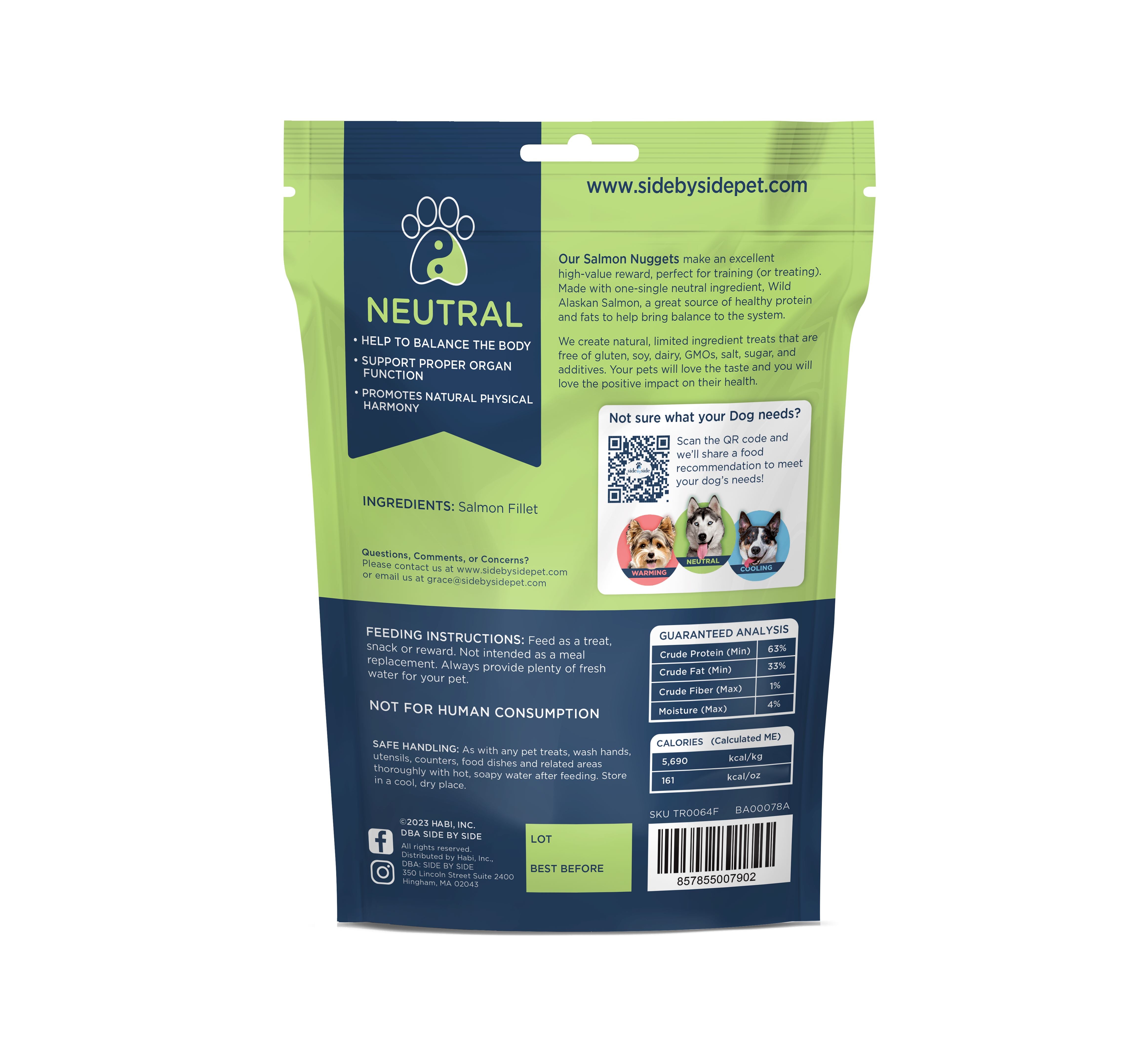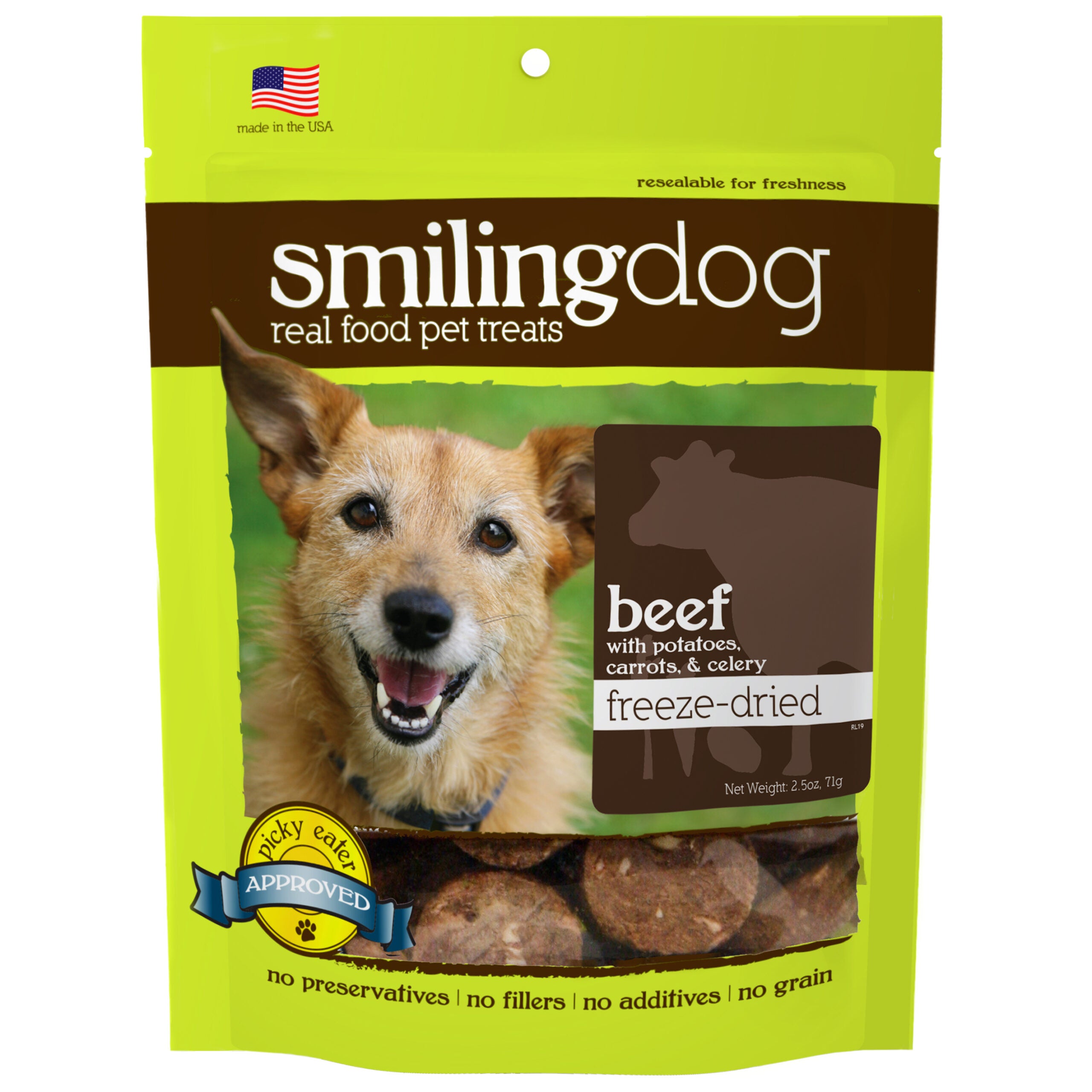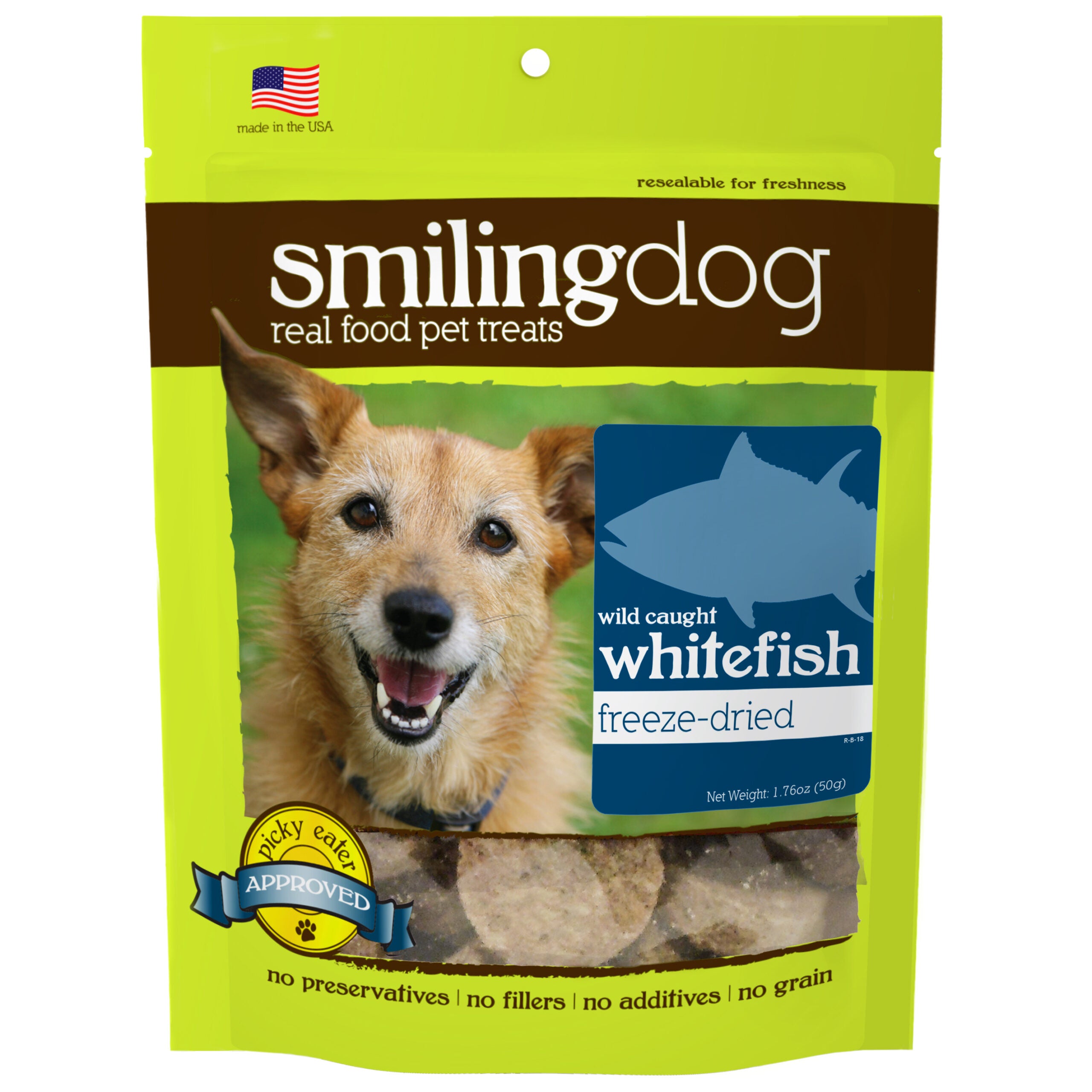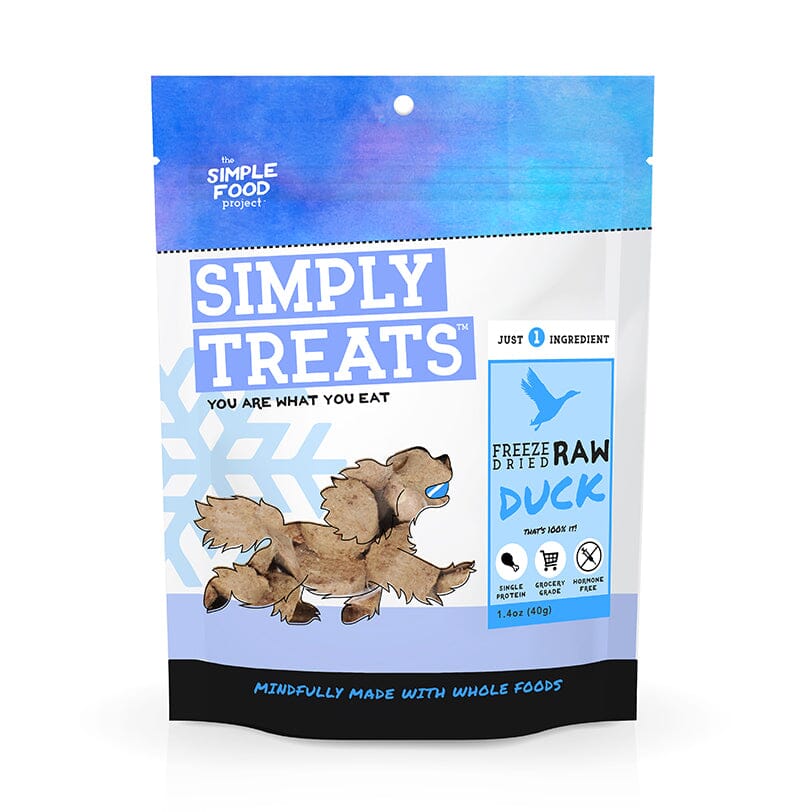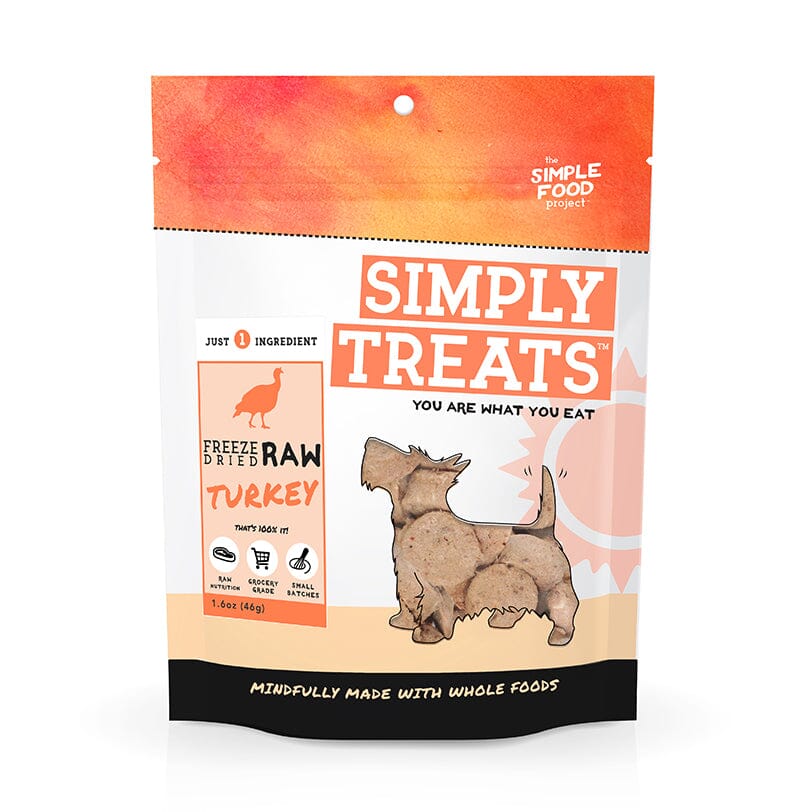
How to Use High Dose Vitamin C for Dogs & Cats

Why Use High Dose Vitamin C for Dogs and Cats?
Unlike humans, dogs and cats create vitamin C in their bodies. However, if a pet is stressed or ill, the body's vitamin C output can quickly deplete.
Vitamin C is a natural immune system booster. When absorbed into the body, it increases the number of antibodies responsible for fighting toxins, bacteria, and viruses.
Vitamin C also boosts your pet's level of interferon, a natural antibody that helps fight viral infections and cancerous growths.
Our vets recommend vitamin C for dogs and cats for several different reasons.
First, Vitamin C is a super immune booster that benefits any pet.
Some clients like to incorporate it into their pet's daily routine to prevent health challenges that could occur later in life.
It's also a natural anti-inflammatory, which helps many older pets.
In addition, Vitamin C helps produce collagen, which is vital to bone and joint health.
Having enough collagen in the body can help prevent your pet from developing hip dysplasia, spinal issues, or degenerative joint disease.
Vitamin C is also a powerful tool for helping pets suffering from many different health challenges, including (but not limited to):
- allergies
- ankylosing spondylitis
- asthma
- bacterial infections
- burns
- cancer
- constipation
- degenerative joint disease
- feline AIDS
- feline leukemia
- gingivitis & stomatitis
- hip dysplasia
- immune-mediated diseases
- influenza
- injuries
- kennel cough
- spinal issues
- surgery recovery
- upper respiratory infections
- viral pneumonia
- viruses
Why Sodium Ascorbate Vitamin C?
Vitamin C comes in several different forms. The most common form is ascorbic acid vitamin C.
However, when giving higher doses of vitamin C, our vets recommend using sodium ascorbate vitamin C.
Sodium ascorbate vitamin C is pH neutral, whereas ascorbic acid vitamin C is acidic.
Because of its neutral pH, sodium ascorbate tastes mild, and most pets don't notice it in their food.
In addition, the neutral pH makes sodium ascorbate less likely to cause digestive upset.
How to Get Started on High Dose Vitamin C for Dogs and Cats
It is easy to get started giving high-dose vitamin C to your pet.
First, make sure you get the sodium ascorbate form of vitamin C.
Do not use ascorbic acid, the most common vitamin C form.
Sodium ascorbate is a neutral pH. Therefore, it does not taste sour or cause gastrointestinal distress like ascorbic acid in high doses.
Finding the sodium ascorbate form of vitamin C in the drugstore is usually challenging, so we recommend purchasing it online. We recommend Nutribiotic brand sodium ascorbate.
For large pets, the 2.2 lb size is the better deal; for small pets (under 25 lbs), the 16-oz size should last several months.
How to Titrate High Dose Vitamin C to Bowel Tolerance
Titrating to bowel tolerance means starting at a low dose and gradually increasing the amount until your pet develops loose stools.
Note: Before starting, please double-check your product label and ensure you have sodium ascorbate, not ascorbic acid.
Once your pet's stool becomes loose, reduce the dose to the one you gave just before the loose stool. The dose before the loose stool is your pet's "bowel tolerance."
For tiny puppies and kittens, we recommend starting at 1/16 of a teaspoon sprinkled in food twice daily and increasing by 1/16 teaspoon daily until they reach bowel tolerance.
For pets under 25 lbs, we recommend starting at 1/8 of a teaspoon sprinkled in food twice daily and increasing by 1/8 teaspoon daily until they reach bowel tolerance.
For pets over 25 lbs, we recommend starting at 1/4 of a teaspoon twice daily and increasing by 1/4 teaspoon per day until they reach bowel tolerance.
If your pet has loose stools more than two days in a row at any time, reduce the dose by one increment.
After you've reached your pet's bowel tolerance, try increasing the dose by one increment once every week or two to see if your pet needs more vitamin C.
Stay at the higher dose if your pet does not develop loose stools.
If your pet develops loose stools, return to the previous dose.
What Are The Warnings and Side Effects of Sodium Ascorbate?
Sodium ascorbate is water-soluble. It is absorbed in the small intestine, and what your pet's body cannot use is immediately excreted, making it non-toxic. However, in very high doses, it may cause loose stools.
Supplemental vitamin C increases urinary oxalate concentrations, but it is unknown whether this elevates kidney stone risk. Those predisposed to kidney stone formation may want to avoid high-dose vitamin C supplementation (Oregon State University, Linus Pauling Institute).
Every 1,000 mg of sodium ascorbate contains 111 mg of sodium. The sodium content is safe for most pets. However, if your pet has hypertension, diabetes, kidney problems, or is on a low-salt diet, use only with your veterinarian's supervision.
And remember, it's always best to talk to your veterinarian before adding any new supplements to your pet's health plan.

